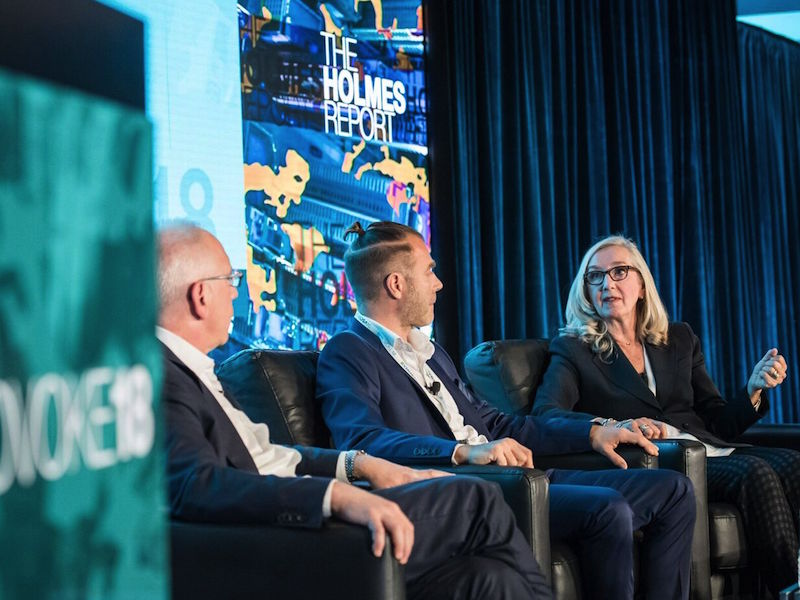Maja Pawinska Sims 23 Oct 2018 // 5:34PM GMT

WASHINGTON — Human empathy, experience and judgement are still critical tools in managing a reputation crisis, even in the age of AI-driven reputation hacking, according to speakers at PRovoke18.
Amanda Duckworth, chief marketing officer at Silicon Valley VC firm Kleiner Perkins told delegates in Washington DC that there was still no replacement for “old-fashioned” crisis management techniques: “I do think there’s a big opportunity to use data and analytics to look for patterns that trigger certain responses, to help with narrative and message development. But I don’t believe that replaces humans. AI gives you strategic input, but will never replace human judgement.”
In a session led by FTI Consulting Strategic Communications senior MD Elliot Sloane, “Reputation Hacking: Preserving Brand in the Age of AI,” Paul Henninger, senior MD in FTI Consulting’s data and analytics segment, defined reputation hacking as “a set of techniques, some reputational, some new and data-driven, to manage damaging conversation around a brand in a certain direction.”
He said: “What’s changed is that we’ve started to get good at tracking and measuring it, and there is much broader use of techniques to hack reputations, using machine learning, statistics and AI. You can get people to vote, buy socks, or get angry at a company: there is a point where sentiment polarity goes up, and a reputation can be hacked. It’s interesting not because we are worried about whether people think well of us, but because it is business critical.”
But Duckworth commented: “While technology has played a significant and impactful role on measuring impact and sentiment and where you have the most polarised audiences, it’s yet to really make an impact at the front end of crisis management: we’re still relying on experience and judgement to see where messages will have the most impact. I’m hoping that in my time there’s more of being able to support that judgement with actual data.”
Mika Hyotylainen, VP marketing at Neste, which transformed itself from an oil refining company to a leading renewable fuels provider, said being human was still a brand’s best defence: “There is a danger in trying to answer AI-driven attacks with more AI: it will lead to a lack of empathy in communications. We certainly need to take advantage of new tools but we shouldn’t lose the human approach.”
And even with his level of understanding of AI and machine learning, Henninger agreed that new technology still required human input: “I completely agree you have to integrate the two: the empathy and expertise of humans is hard to replicate with machines. Augmented intelligence can provide information that experts can use to respond and craft messages. But we’re not going to be sitting back with our protein drinks and polishing the robots any time soon.”


































.jpg)

















